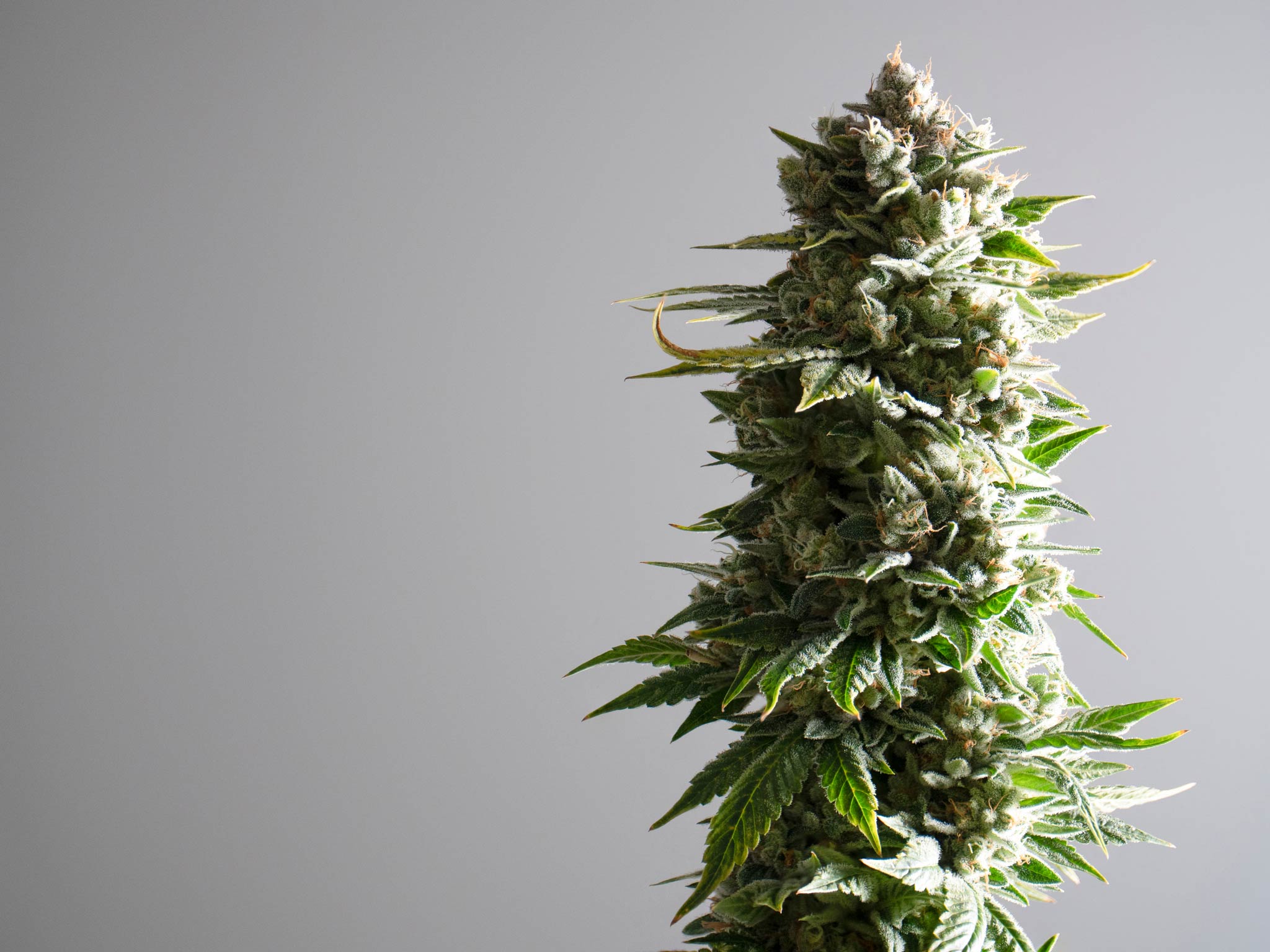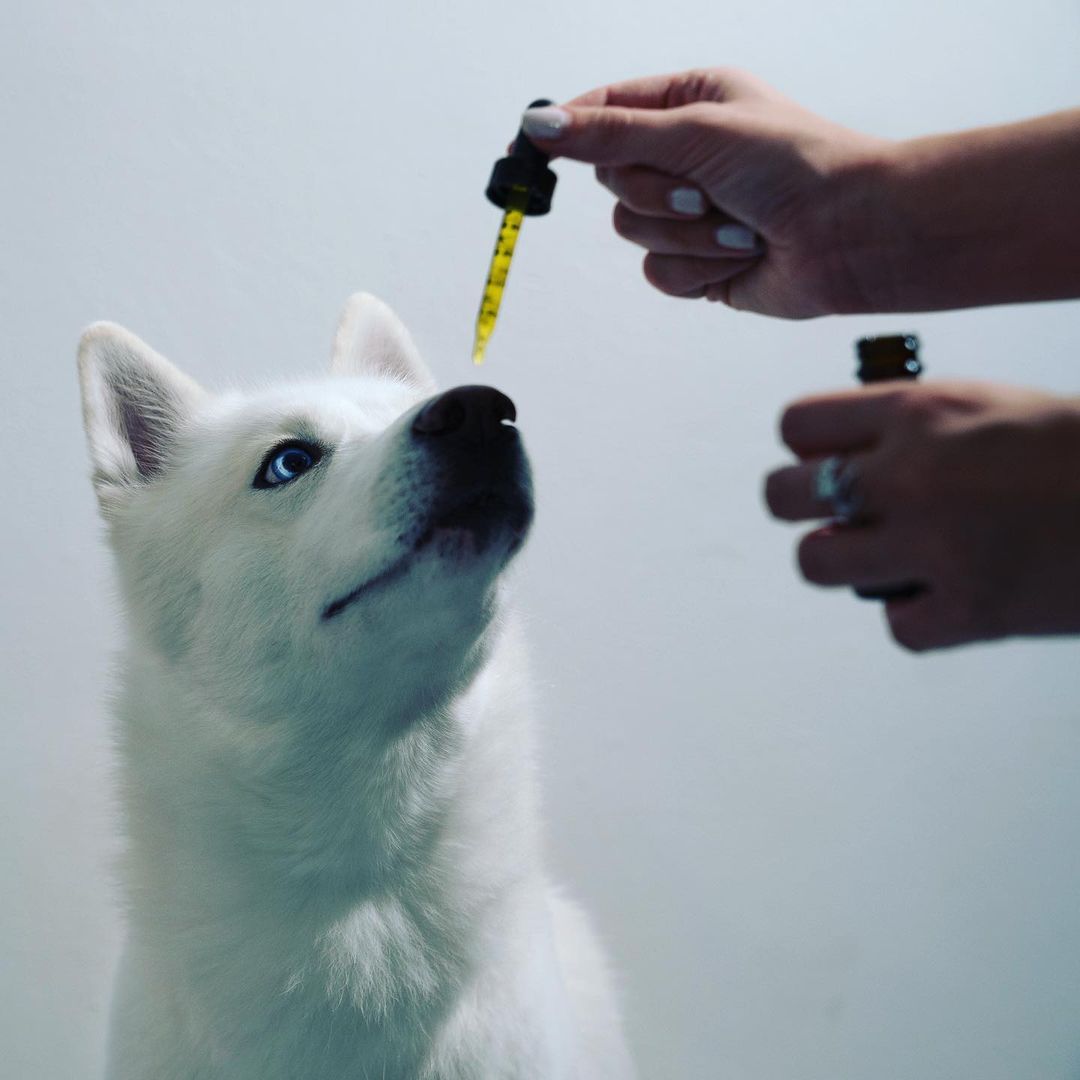
Medicinal
Cannabis
Medical
Cannabis
Hale Animal Health is working to create a range of CBD products for animals. So, watch this space.

You’ve probably heard of cannabidiol, or CBD as it is often known and you may have some preconceptions about its use. Let’s put your mind at ease right from the start.
The ‘high’ associated with cannabis comes from THC not CBD. Which means CBD doesn’t possess any intoxicating properties. So, a CBD medicine won’t see Rover chasing imaginary tennis balls, just real ones.
Medical cannabis grabbed headlines when, despite being an illegal treatment, it proved successful at easing the suffering of people battling cancer, inhibiting seizures in epileptics, and providing relief for a range of crippling ailments.
The legalisation of cannabis by several countries has allowed scientists to uncover how CBD works and provide evidence of its health benefits. This lead the World Health Organisation to declare that CBD is safe to use medicinally and to remove it as a scheduled controlled drug.
How CBD works
To put it simply CBD helps the body maintain its balance. It improves motor coordination and helps achieve a stable equilibrium between all the independent elements in the body, or homeostasis, as scientists call it.
CBD does this by activating the Endocannabinoid System which is found in both humans and pets. This system is essentially a network of thousands of cannabinoid receptors. There are two types of these receptors. CB1 which are found in the area of the brain responsible for mental and physiological processes, and CB2 found in the central nervous and immune systems.
When CBD is introduced into the body the Endocannabinoid System opens the metabolic pathways between CB1 and CB2 receptors. It’s like giving the brain and body an ultrafast fibre broadband connection. This allows the receptors to share more information to deal with mental and physical ailments more efficiently and effectively.
- CB1
- Brain
- Lungs
- Vascular System
- Muscles
- Gastrointestinal Tract
- Reproductive Organs
- CB2
- Spleen
- Bones
- Skin
- Glial Cells (Brain)
- Immune System
- Liver and Pancreas


